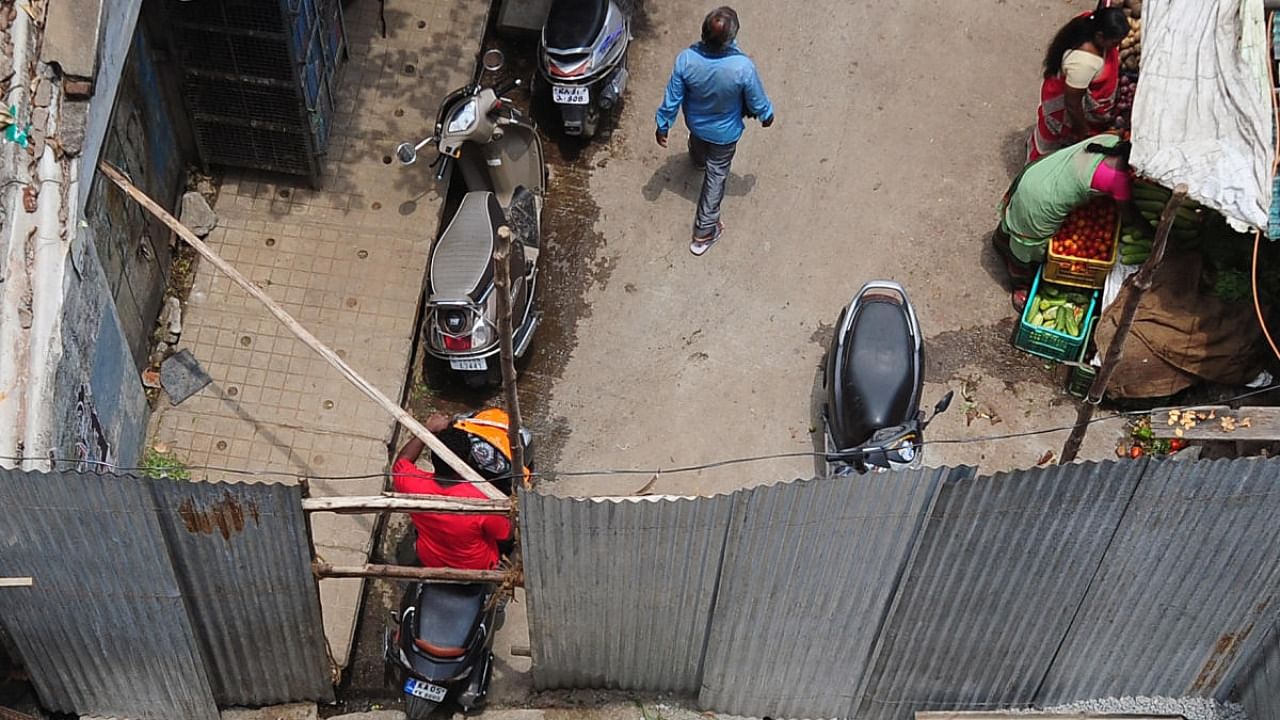
Dasarahalli and Yelahanka zones have emerged as the focal point of the city’s second Covid surge with the highest number of clusters, despite registering modest figures last year.
As per the data from the Bruhat Bengaluru Mahanagara Palike (BBMP), the city has seen the development of 53 clusters (comprising 562 infected individuals) since February 13 when an outbreak was recorded among out-of-state students at a medical college in RT Nagar.
Yelahanka Zone has officially revealed 16 clusters, while Dasarahalli Zone has registered 11 clusters, accounting for 71 infected cases.
A Yelahanka zonal official blamed the 122 cases in clusters on people with travel history, especially the individuals who recently returned from Kerala and Maharashtra.
For much of the pandemic, Dasarahalli had a charmed existence. While the relatively small, eight-ward zone registered lesser cases last year, it is facing a different reality now.
Most of the zone’s cluster cases have been found in schools and at least one factory has been turned into a containment zone.
The most affected areas are the T Dasarahalli, Rajgopal Nagar and Peenya industrial estate wards.
Dr P C Jaffer, IAS, the newly reinstated special officer for Dasarahalli Zone, clarified that despite the large number of clusters, the number of cases in the zone has been relatively modest.
“We are getting about 40 to 50 cases a day, compared to the triple digits being found in other zones,” he said.
He added that the new lineage of Covid-19 found in Bengaluru B.1.36 appeared to be more contagious, but less lethal.
Cases sprouting
Nevertheless, there is concern about industrial areas being hit. Srinivas Asranna, the immediate past president of the Peenya Industrial Association, said that cases are sprouting in the industrial area owing to the collapse of inspections and surveillance in the ward.
“Following Lockdown 2.0, when industries were allowed to restart, the BBMP used to conduct regular inspections at factories in order to ensure economic and industrial activities were not affected. Those have now stopped,” he said.
Asranna added the disease was being spread through free travelling workers who visited highly congested areas and other districts on off-days and holidays.
Jaffer clarified that he is seeking to reinstate many of the containment and surveillance measures used last year. “The problem is we faced a lot of resistance from factories because a Covid-positive worker usually meant a person sent to home isolation or the hospital, in addition to a commensurate loss on wages,” he said.